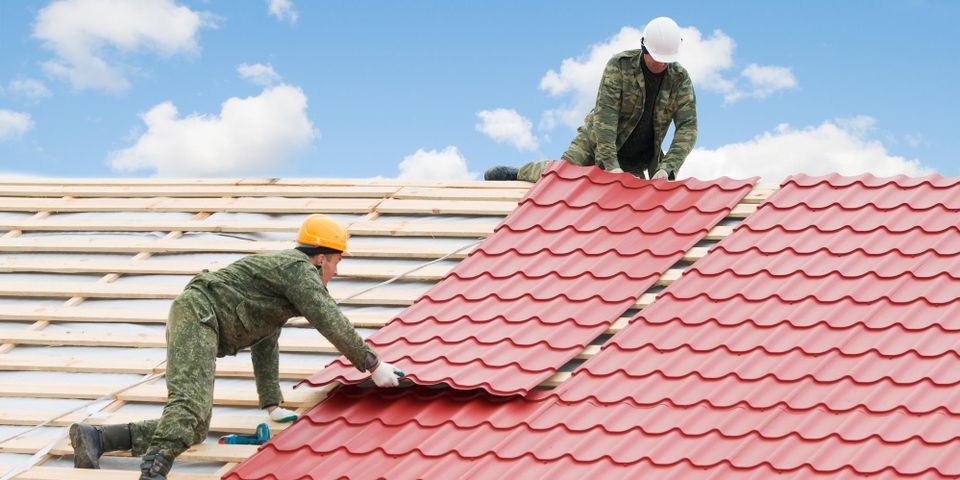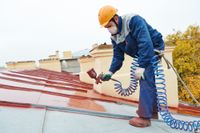3 Qualities That Contribute to Energy-Efficient Roofing

Roofing plays a crucial role in home comfort—not only by protecting you from the elements but by locking in the air heated or cooled by your HVAC unit. If you want to increase energy efficiency on your property and, as a result, lower the monthly utility bills, it’s a useful place to begin. Talk over the following with your contractor.
What Makes a Roof Energy-Efficient?
1. The Right Material
First, you’ll want to select an energy-efficient material. Metal is the most popular option. These large panels are naturally reflective and will drive away sunlight before it can transfer into your home. Slate also has these properties; however, it can be significantly more expensive and difficult to install. Solar-reflective asphalt shingles are a more affordable alternative.
2. The Coating
 UV reflective coatings add another layer of defense against sunlight. These include a combination of acrylics, silicones, and urethanes and are sprayed or rolled on. They can often waterproof roofing as well, which is especially helpful with flat or low-grade roofs.
UV reflective coatings add another layer of defense against sunlight. These include a combination of acrylics, silicones, and urethanes and are sprayed or rolled on. They can often waterproof roofing as well, which is especially helpful with flat or low-grade roofs.
3. Insulation
While your roofing is being installed, make sure to insulate your attic well. This will further prevent heat transfer in both directions. Spray insulation is especially effective since it fills every nook and cranny of your attic.
Whether you’re interested in a new roof or just need repairs, the team at Guaranteed Roofing can assist. This Tulsa, OK, contractor serves both residential and commercial clients and handles all aspects of installations, repairs, and replacements. They work with gutters as well and take every step to ensure customers get lasting use from their systems. Call (918) 451-0119 to schedule an inspection or visit their website to learn more about their company.
About the Business
(28 reviews)
Have a question? Ask the experts!
Send your question

